Trainees in the Time of COVID-19
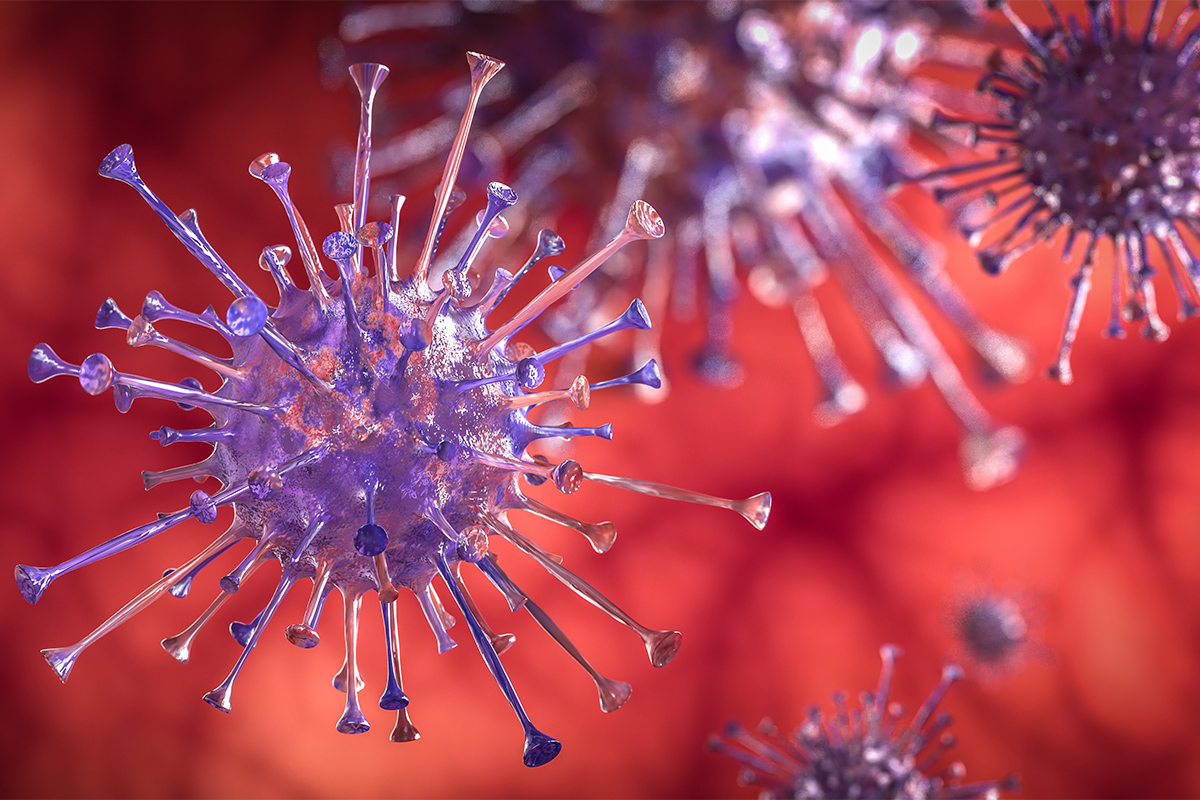
"What have you been doing with anticoagulation?"
My residency WhatsApp group lights up with responses from group members in a matter of minutes with personal experiences, links to case studies and hospital policies from various institutions. Like the rest of the world, they are learning day-by-day how to manage COVID-19 patients.
While the group used to be primarily for jokes and the occasional, "hey, how are you?" (and there is still plenty of that), it has become a resource for many of us who are now early career physicians and Fellows in Training (FITs) – covering a multitude of disciplines – and are learning to navigate medicine during a global pandemic.
I have been inspired by their stories and resourcefulness in caring for patients during a time of uncertainty. Many of them have not only continued to work demanding hours in their respective disciplines, but many have also had primary roles in helping hospitals adapt and respond to the pandemic.
Trainees are stepping up during the COVID-19 pandemic despite personal risks to themselves and their families, and have shown tenacity and creativity in their responses.
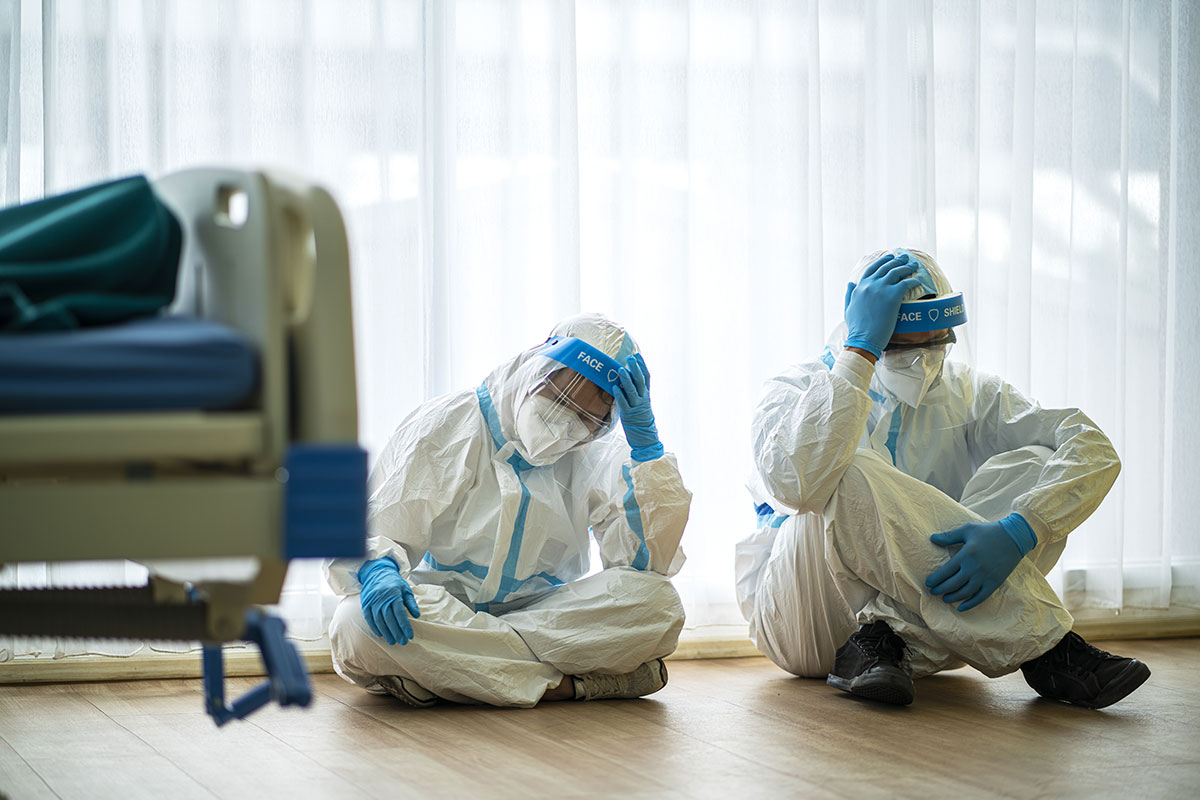
With the massive strain on the medical system, along with the emotional and physical strain that COVID-19 has brought on providers all over the world, it can be difficult to find anything to be positive about.
However, stories from colleagues give me hope that the profession's future is in good hands. Those of us lucky enough to have so far seen only mild cases wait anxiously for the other shoe to drop. And those of us who have had the misfortune to bear witness to the loss of innumerable patients and colleagues have continued to show up to work daily, ready to take care of sick patients.
I have been consistently amazed with the custodians, nurses, respiratory therapists, chaplains, physicians and many others who continue to show up to work with a smile.
Just before I began writing this, I was with our amazing team of pediatric residents who are rotating through our cardiology floor and taking care of our little patients with their usual attention to detail and enthusiasm, while also doing an amazing job answering difficult questions from patients and parents regarding COVID-19.
I am a pediatric cardiology fellow, and my co-fellows immediately sprang to action at the onset of the pandemic, modifying our schedules to prepare for a potential surge of COVID-19 patients and volunteering to work at the adult hospitals in the community should help be needed.
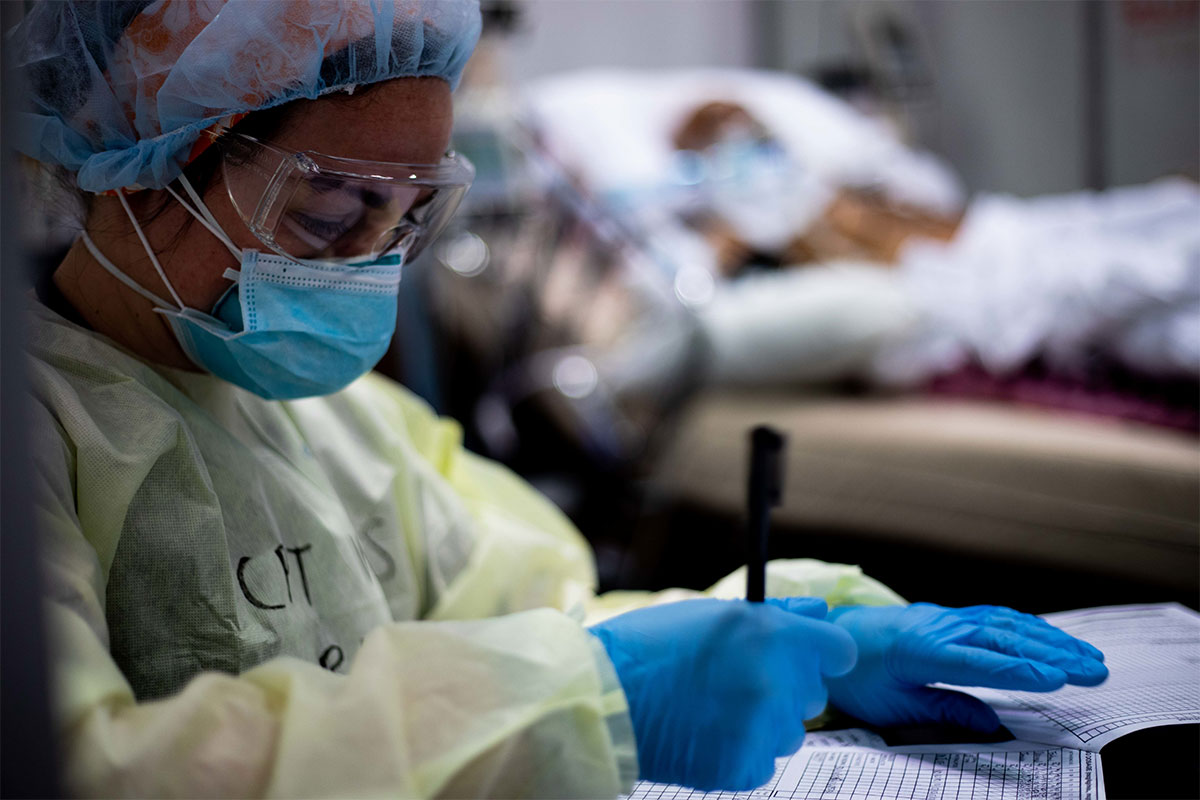
A friend from medical school, who is an adult critical care fellow with an interest in disaster preparedness, has been instrumental in creating his hospital's COVID-19 protocol and treatment unit.
One of my closest friends from medical school, who has been working in the COVID-19 unit as an internal medicine resident at a military hospital, has maintained her sense of humor in the midst of it all, even after becoming ill with the virus herself.
Her account of being sick has been both brutally honest and funny— in her search for finding something to eat last week that she could taste, she tried ghost pepper hot sauce (to no avail)!
However, I have not heard a single complaint or regret about taking care of patients despite the great personal risk to her own health.
FITs have certainly not been behind the curve. At one institution, a cardiology fellow designed their Heart Center's evaluation and treatment protocol for the cardiology service line in the COVID-19 pandemic.
Another FIT almost single-handedly spearheaded the its rapid installation of a now-thriving telehealth program. At another institution, a recently graduated FIT and new interventional cardiologist worked tirelessly with the critical care team and hospital leadership to create an ECMO protocol for COVID-19 patients in a matter of days.
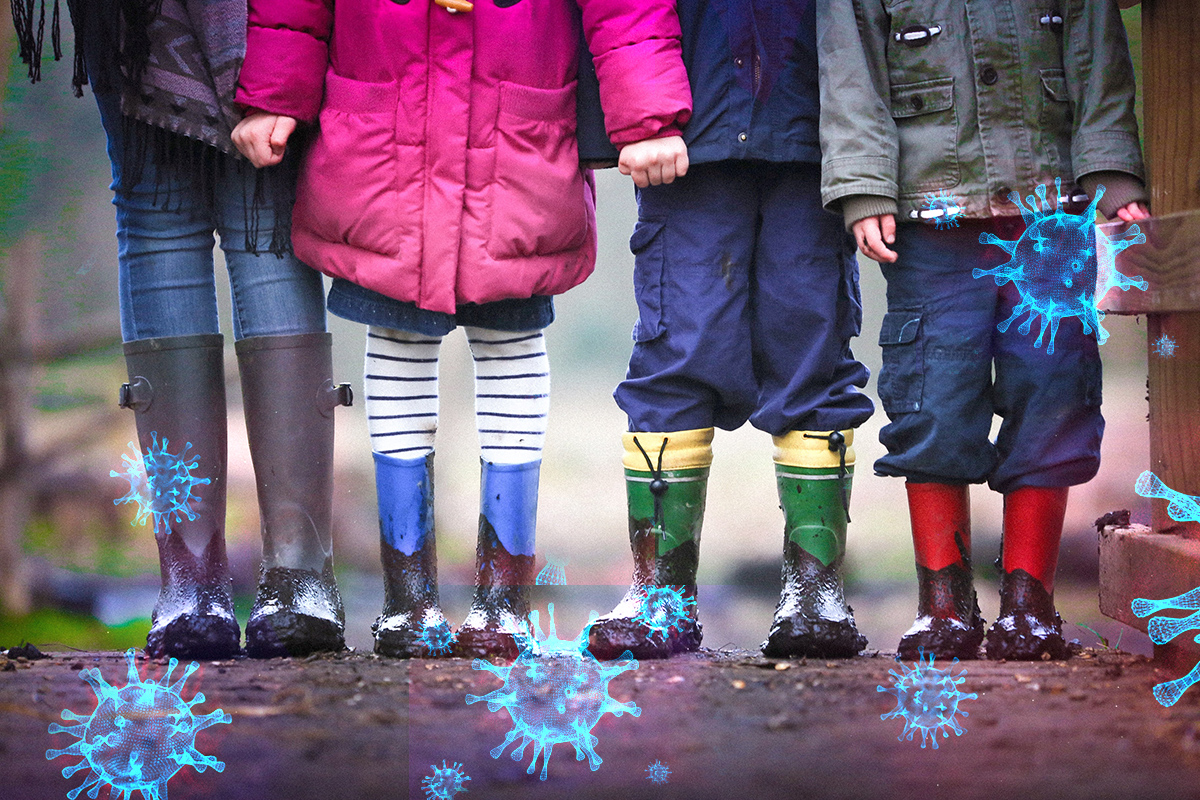
I have also been touched by the innumerable texts and messages on social media that I have received from friends in the medical field recently.
A pediatric emergency room fellow has been telling me about his experience taking shifts in the adult emergency department, noting that pediatric residents and even radiology residents have been taking shifts in the COVID-19 unit to give their internal medicine colleagues a much-needed respite.
"There is no complaining; everyone just wants to take care of patients and get the job done," he said.
I even got a happy birthday message from my former roommate, who was herself admitted to the ICU with COVID-19 (and thankfully recovered well)!
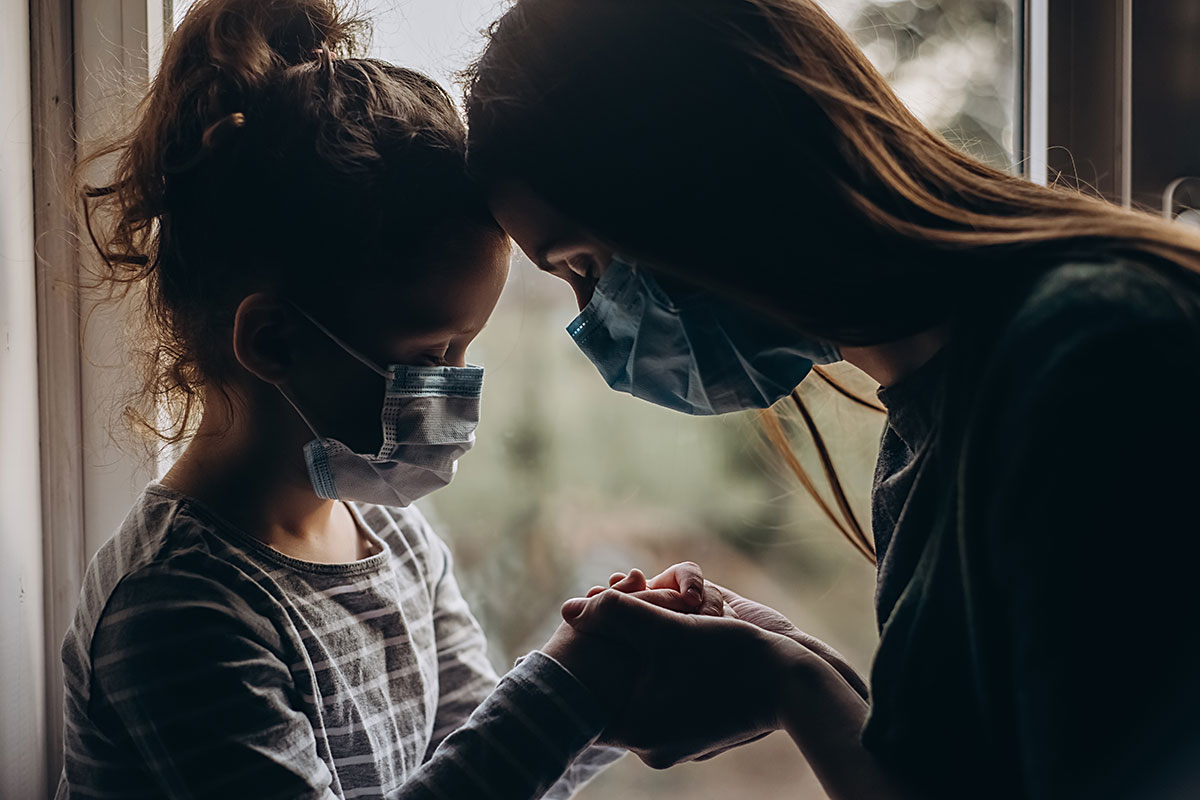
As I am scrolling through Instagram, I see that the pediatric residents where I did residency have collaborated to purchase and donate phone chargers to COVID-19 patients, most of whom did not expect to be hospitalized and came to the hospital without a phone charger.
When I think about what a phone call could mean to someone who may literally never see their family member again, I am overwhelmed with gratitude for my colleagues and the significance of this seemingly small gesture.
My colleagues are nothing short of incredible during one of the most challenging times that our medical system has ever faced and have risen to meet the challenges that COVID-19 has created. They have shown an incredible amount of grit in the face of one of the most difficult and scary times.
As I have watched the pandemic unfold, I have also watched the new generation of physicians show up, and I could not be prouder of the examples of empathy and profound dedication exhibited by trainees during this challenging time.


